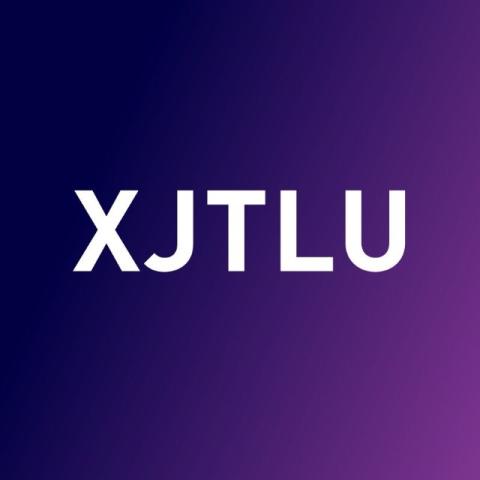
Guiding principles to support students on campus and overseas through hybrid teaching
Markus Davis explains how three guiding principles of flexibility, inclusion and empathy have helped shape a hybrid teaching model that serves both on-campus and overseas students effectively
With many students now back on campus, most of those who remain fully online are international students who were overseas when the pandemic struck and are unable to return to mainland China. So, at Xi’an Jiaotong-Liverpool University we are offering a hybrid model of education, with on-campus learning for students here in Suzhou, and online learning for those students dispersed across the planet.
The past year with its rapid move to large-scale, distance-mode learning has taught us that our university is more than a place of learning; it is a global interdependent community of students, teachers and support colleagues. Maintaining our healthy community directly affects learning and teaching outcomes.
To this end, we created a Best Practice Guide for Online Learning to foreground community and the student experience in distance learning as much as effective teaching techniques and tools. Co-created by students, teaching colleagues and administrative teams, the guide offers “rules” for practice, underpinned by three tenets: flexibility, inclusion and empathy. These are now guiding our provision of quality digital education to our international student body.
Flexibility
Many remote learning students’ circumstances can be fluid and changing. While they begin study periods in good faith they sometimes find that factors such as changes to infrastructure, IT tools, family financial situations, their own physical and psychological health and local pandemic effects compromise their ability to meet their full academic potential.
Universities, meanwhile, have historically fixed rules regarding policies such as deadlines for applications for suspension of studies, fee instalments, and even assignment submission to the minute. Our guide calls for flexibility to be applied to these rules and support and understanding shown to students, their families and our teachers.
This flexibility enables us to demonstrate awareness that the pandemic has wrought differing circumstances and that we are listening and reacting to our students’ concerns and needs.
Examples include making assignment submission windows wide enough for all time zones; ensuring that assessed group work cannot be made compulsory for off-campus students; and being mindful of the need for flexibility, with reasons for suspension and suspension application deadlines.
Inclusion
Our remote students are often the only, or one of a few, members of their learning group experiencing lessons online. In this scenario, distant students can feel isolated and separated from the learning experience. This guide calls for teachers and support staff to work to ensure all students have complete lesson access and can reach their full academic potential.
Teachers must be mindful to include all students so none are disadvantaged by their circumstances. This may require increased awareness that using methods such as hybrid teaching is only part of meeting this need. We must proactively reach out to remote students so they feel fully engaged as members of our learning and XJTLU community.
For example, we can ensure that seminars and tutorials have an online option that provides off-campus students the same effective engagement with programme materials as on-site students; appoint student advisors for online learning-related issues at appropriate departmental or school level; and recognise that participation – synchronous or not – should be the measure of attendance instead of being logged in to live sessions.
Empathy
The pandemic required many learners to do more than simply adjust to learning at their computers and connected devices. Our distant student community face personal, emotional and practical complexities as a result of changed circumstances. They experience unprecedented financial, practical, technological, infrastructural, physical and emotional difficulties.
If we embrace these new realities and adjust our practices, we can innovatively support our students. We can accommodate their need for work, demonstrate sympathy with less than ideal learning environments and be supportive in ways that will lead the sector. By sharing empathy, we demonstrate a sense of community that will create a lasting bond and relationship with our remote students, dramatically improving their experience and helping them reach their potential.
This guide represents the start of a journey of personal and institutional transformation. The baton has now been passed to staff to apply these important principles. The university will support this endeavour with material resources, professional training and staff time to turn positive guidance into everyday success for all students engaging with their studies online.
Markus Davis is a senior teaching fellow and international student support officer at XJTLU Global, Xi’an Jiaotong-Liverpool University.




